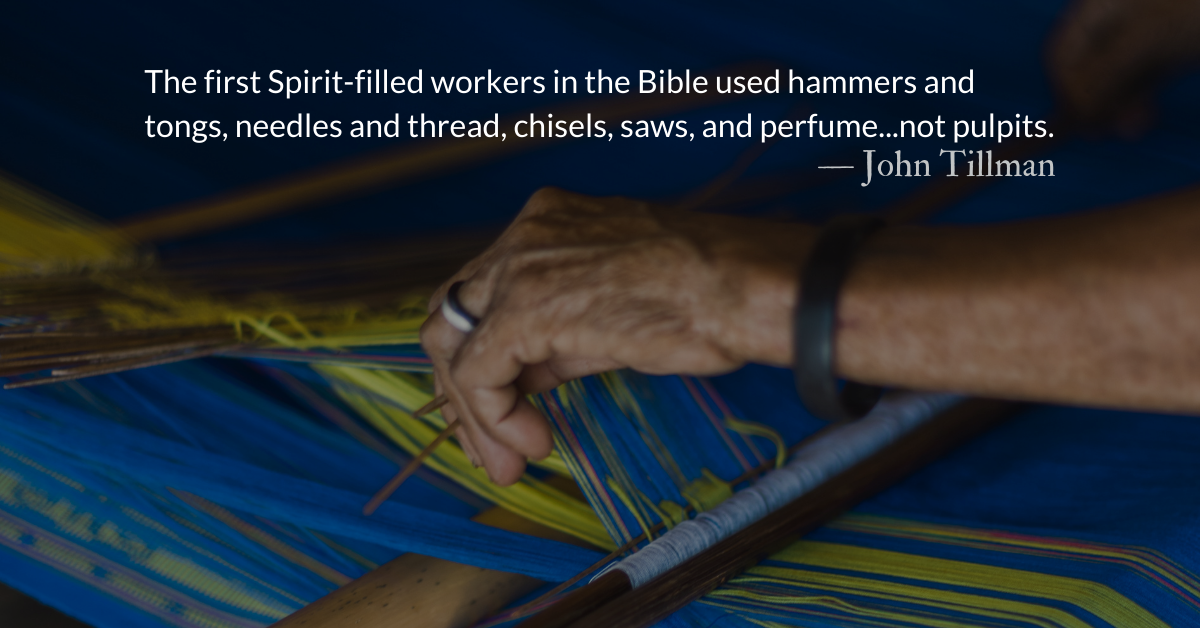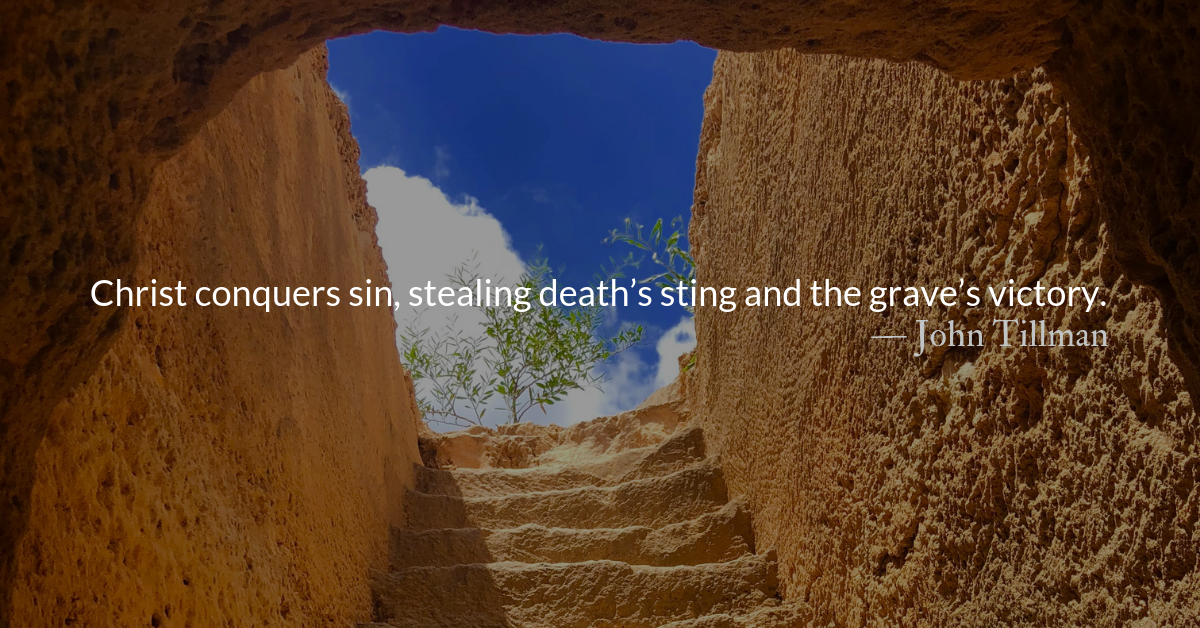Scripture Focus: Exodus 35.30-34
30 Then Moses said to the Israelites, “See, the Lord has chosen Bezalel son of Uri, the son of Hur, of the tribe of Judah, 31 and he has filled him with the Spirit of God, with wisdom, with understanding, with knowledge and with all kinds of skills—32 to make artistic designs for work in gold, silver and bronze, 33 to cut and set stones, to work in wood and to engage in all kinds of artistic crafts. 34 And he has given both him and Oholiab son of Ahisamak, of the tribe of Dan, the ability to teach others.
John 14.15-17, 26
15 “If you love me, keep my commands. 16 And I will ask the Father, and he will give you another advocate to help you and be with you forever—17 the Spirit of truth. The world cannot accept him, because it neither sees him nor knows him. But you know him, for he lives with you and will be in you.
26 But the Advocate, the Holy Spirit, whom the Father will send in my name, will teach you all things and will remind you of everything I have said to you.
Reflection: The First Spirit-Filled Work
By John Tillman
Jesus described the filling of the Holy Spirit as being for the good of not only the disciples, but the world. The works the Spirit did through them built a new space, a new Temple, a new people of God to shine the light of God’s love to the world.
We often think of the Holy Spirit helping pastors when they preach and musicians when they lead worship. We know the Holy Spirit helps us study the Bible. We pray in faith that the Holy Spirit will bring the miraculous help of God for healings, interventions, or protections.
However, The first Spirit-filled individuals, Bezalel and Oholiab, were not orators, political leaders, musicians, writers, prophets, warriors, or healers. They were artisans, builders, makers. They worked with their hands.
They also did these things in community. Part of the Spirit’s gifting was to teach. They were not to do what God called them to alone but to teach others who would join the work.
The first Spirit-filled workers in the Bible used hammers and tongs, needles and thread, chisels, saws, and perfume…not pulpits. They spoke not with words but images. They taught understanding through symbolism and space. They brought spiritual healing through the redemptive instruments of atonement they would craft.
Their skilled minds, hearts, and hands wrought from the gifts of God’s people a place to meet with God. Artistry using symbols, spaces, textures, patterns, and images replanted a representation of an Edenic garden in which humans would once again walk in fellowship with God.
What type of sacred space are we creating? Not just in our churches but in our lives? Not just in spiritual ways but physical ways? Are we telling the redemptive story and ushering people into the presence of God?
Whether you work with hammer and chisel or with keyboard and screen, God’s Spirit longs to use your work to build sacred space depicting redemption. This space goes beyond the walls of your church building to encompass all those who will hear the call of Christ. Worship in this space and invite others in to learn of God.
May we be filled with the Spirit to the tips of our fingers as they work acts of redemption.
May not only the words of our mouths and meditations of our heart, but also the works of our hands be pleasing in the sight of the Redeemer.
Divine Hours Prayer: The Call to Prayer
I will give great thanks to the Lord with my mouth; in the midst of the multitude will I praise him;
Because he stands at the right hand of the needy to save his life from these who would condemn him. — Psalm 109.29-30
– Divine Hours prayers from The Divine Hours: Prayers for Springtime by Phyllis Tickle
Today’s Readings
Exodus 35 (Listen – 4:31)
John 14 (Listen – 4:13)
Read more about Prayer in our Vocation
To some, it might be a surprise that one of the primary definitions of the word “vocation” is a divine calling.
Read more about Extra Ordinary Prayer
We carry prayer with us into every moment of our lives. As we do, may our actions be blessings not curses, carrying the good news of the gospel.








